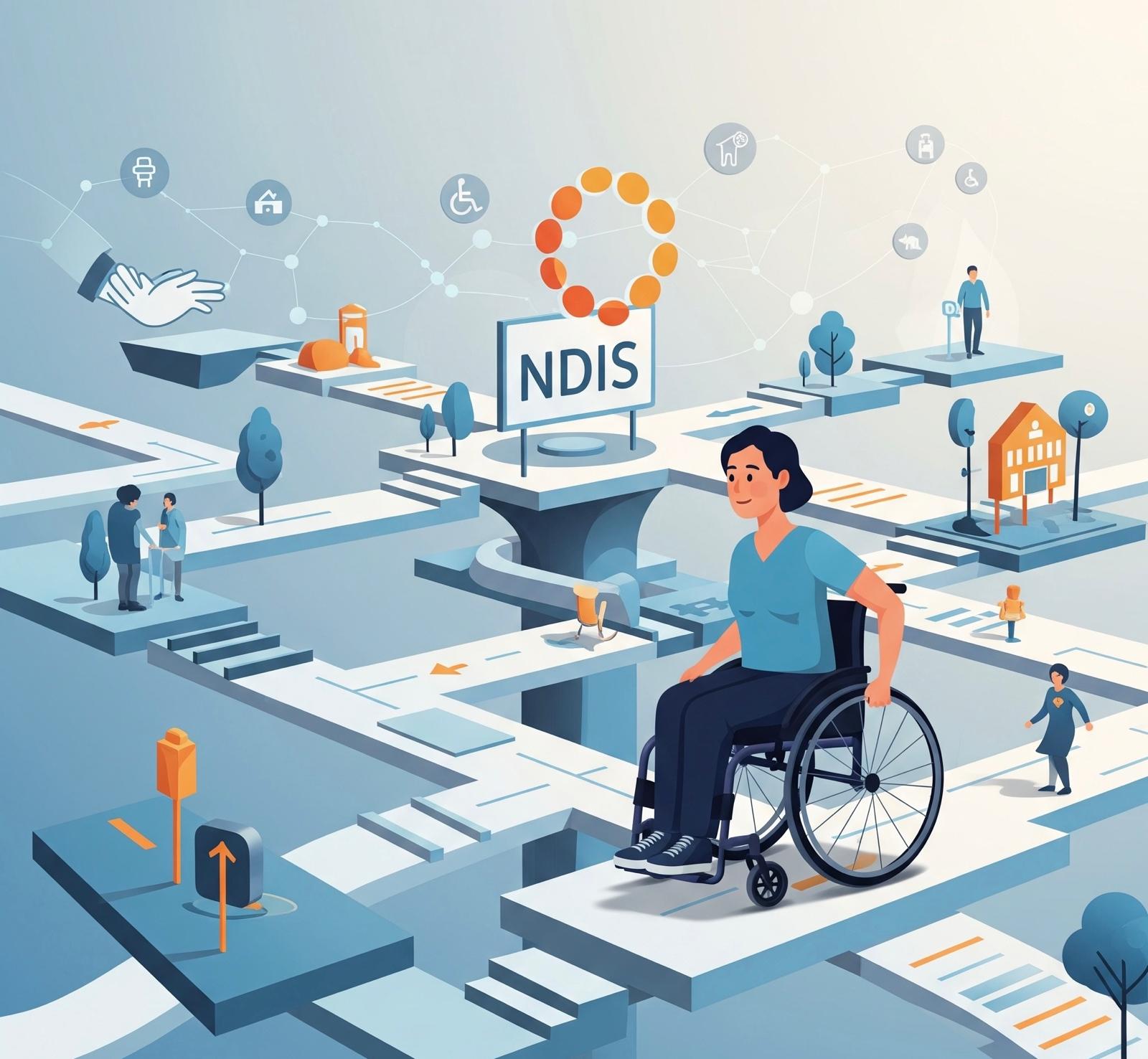Handling the Escalation of Mental Health Conditions in Australia
In Australia, there has been a notable increase in the prevalence of mental health conditions. This article examines the underlying factors contributing to this rise and discusses the proactive measures implemented by Therapy Near Me, an Australian psychology clinic, in addressing these escalating issues. Introduction Recent trends indicate a worrying escalation in mental health conditions across Australia. Factors contributing to this rise are multifaceted, involving socio-economic, environmental, and psychological elements (Whiteford et al., 2015). Therapy Near Me, through its innovative approaches, seeks to address these growing concerns by providing comprehensive and accessible mental health care. Factors Contributing to the Rise in Mental Health Conditions Socio-Economic Stressors Economic instability, job insecurity, and social inequality have been identified as significant contributors to mental health issues (Allen et al., 2014). The stress associated with financial insecurity and unemployment exacerbates conditions like depression and anxiety. Environmental and Lifestyle Changes Rapid urbanisation and lifestyle changes have led to increased feelings of isolation and disconnection, impacting mental well-being (Thompson et al., 2018). The prevalence of digital technology and social media has also been linked to increased rates of mental health disorders, particularly among young people (Twenge & Campbell, 2019). The Impact of Global Events Events such as the COVID-19 pandemic have intensified mental health issues, causing widespread anxiety, stress, and other psychological impacts (Brooks et al., 2020). Therapy Near Me’s Response to the Mental Health Crisis Expanding Telehealth Services Recognising the importance of accessibility, Therapy Near Me has expanded its telehealth services. This approach ensures that individuals in remote or isolated areas have access to quality mental health care, addressing the barrier of geographical limitations (Smith et al., 2020). Tailoring Services to Diverse Needs Therapy Near Me offers services that cater to a wide range of mental health conditions, acknowledging the diversity in mental health needs. This includes specialised programs for children, adolescents, and the elderly, as well as those affected by specific issues like unemployment or chronic illness. Focus on Preventative Care Preventative care is a cornerstone of Therapy Near Me’s approach. By providing early intervention and education, the clinic aims to reduce the long-term impact of mental health conditions (Harris et al., 2015). Collaborative Care and Community Engagement Therapy Near Me engages in collaborative care, working closely with medical professionals, schools, and community organizations. This integrated approach ensures a comprehensive treatment plan for clients (Melek & Norris, 2015). Conclusion The rising trend of mental health conditions in Australia presents a significant challenge. Therapy Near Me’s multifaceted approach, which includes expanding telehealth services, tailoring care to diverse needs, focusing on preventative measures, and collaborative care, represents a proactive response to this escalating issue. Such initiatives are critical in addressing the growing mental health crisis in Australia. References: Whiteford, H. A., et al. (2015). “The global burden of mental, neurological and substance use disorders: An analysis from the Global Burden of Disease Study 2010.” PLoS One, 10(2), e0116820. Allen, J., et al. (2014). “Socioeconomic conditions and mental illness: associations in a national sample of Australians.” International Journal of Social Psychiatry, 60(2), 115-120. Thompson, C. W., et al. (2018). “Urbanization and mental health: a review.” International Journal of Environmental Research and Public Health, 15(6), 1238. Twenge, J. M., & Campbell, W. K. (2019). Media use and mental health: Current trends in research.” Human Behavior and Emerging Technologies, 1(2), 141-144. Brooks, S. K., et al. (2020). “The psychological impact of the COVID-19 pandemic on health workers and other populations.” Frontiers in Psychology, 11, 1630. Smith, K., et al. (2020). Telehealth for global emergencies: Implications for coronavirus disease 2019 (COVID-19).” Journal of Telemedicine and Telecare, 26(5), 309-313. Harris, M. G., et al. (2015). “Influences on the uptake of and engagement with health and well-being smartphone apps: a systematic review.” Journal of Medical Internet Research, 17(5), e128. Melek, S., & Norris, D. (2015) How to get in touch If you or your patient/NDIS clients need immediate mental healthcare assistance, feel free to get in contact with us on 1800 NEAR ME – admin@calmandcaring.com.
Handling the Escalation of Mental Health Conditions in Australia Read More »





